God, that dumping ground of our dreams
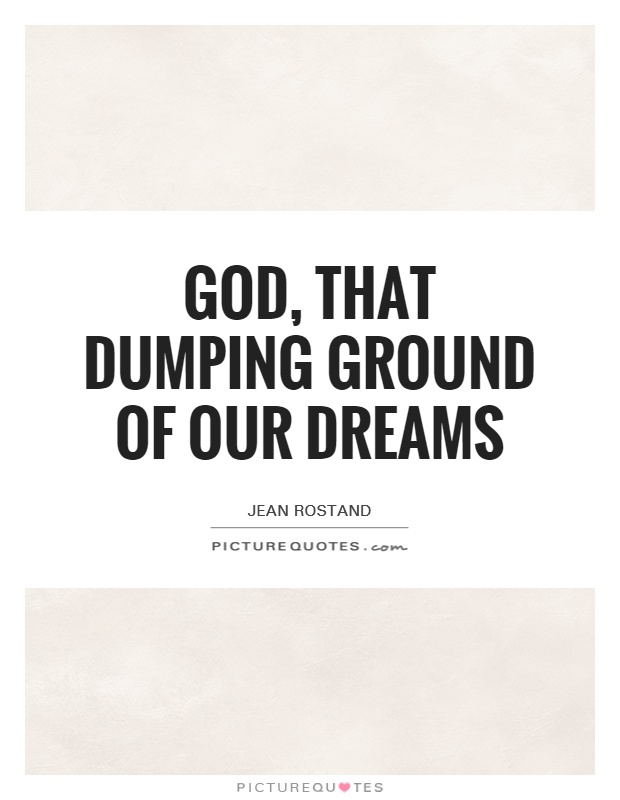
God, that dumping ground of our dreams
Jean Rostand, a French biologist and philosopher, once famously referred to God as "that dumping ground of our dreams." This provocative statement challenges the traditional notion of God as a benevolent and all-powerful being, and instead suggests that humans use the concept of God to project their own desires, fears, and aspirations onto a higher power.Rostand's assertion can be interpreted in several ways. On one level, it can be seen as a critique of religious belief as a form of wishful thinking. Many people turn to religion in times of distress or uncertainty, seeking comfort, guidance, and a sense of purpose. In this sense, God becomes a convenient repository for our hopes and dreams, a way to make sense of the chaos and randomness of the world.
At the same time, Rostand's statement can also be understood as a commentary on the limitations of human understanding. As finite beings with limited knowledge and perspective, we often turn to religion to provide answers to life's big questions: Why are we here? What is the meaning of life? What happens after we die? In the absence of concrete evidence or rational explanations, we rely on faith and belief in a higher power to fill in the gaps.
However, Rostand's characterization of God as a "dumping ground" also suggests a certain cynicism or skepticism towards organized religion. He may be implying that humans use God as a convenient excuse or justification for their own actions, whether good or bad. By attributing their behavior to divine will or intervention, individuals can absolve themselves of responsibility and accountability for their choices.
Overall, Rostand's provocative statement challenges us to critically examine our beliefs and assumptions about God. It invites us to consider the ways in which we use religion as a crutch or a scapegoat, and to reflect on the true nature of our relationship with the divine. Ultimately, whether we see God as a source of comfort, inspiration, or manipulation, Rostand's words remind us of the complex and multifaceted role that religion plays in our lives.

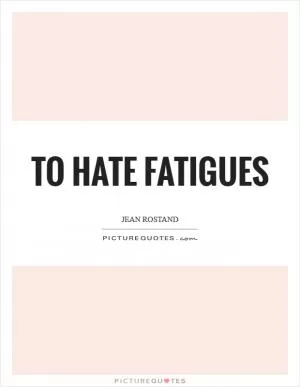
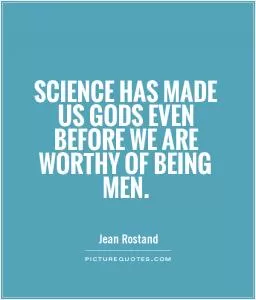
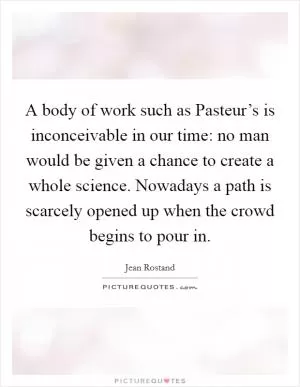
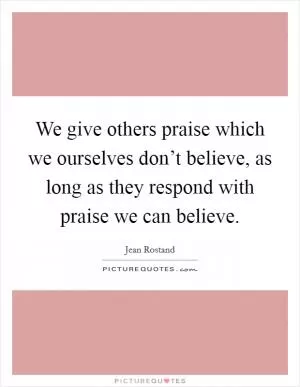
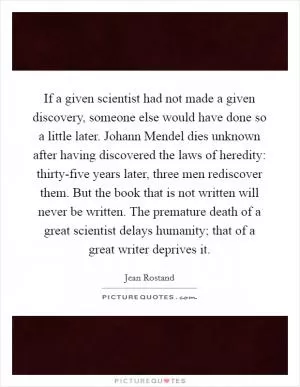
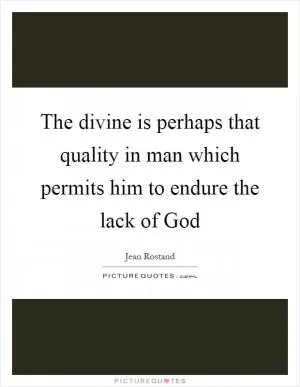
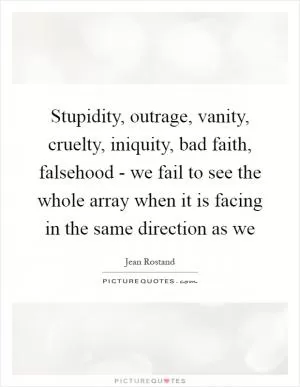
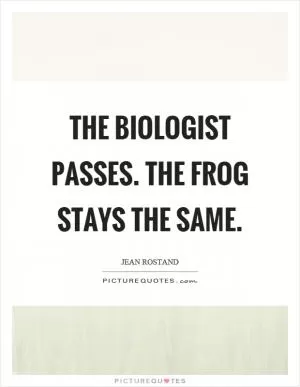
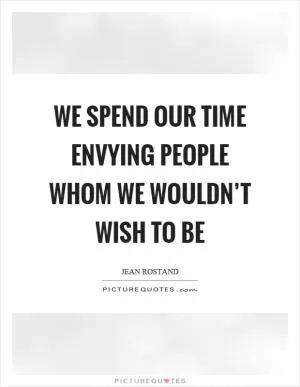
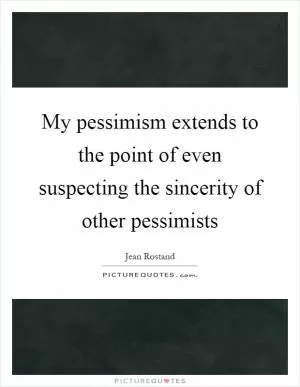
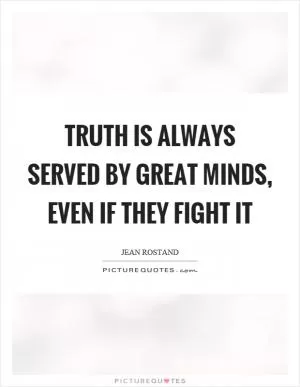
 Friendship Quotes
Friendship Quotes Love Quotes
Love Quotes Life Quotes
Life Quotes Funny Quotes
Funny Quotes Motivational Quotes
Motivational Quotes Inspirational Quotes
Inspirational Quotes